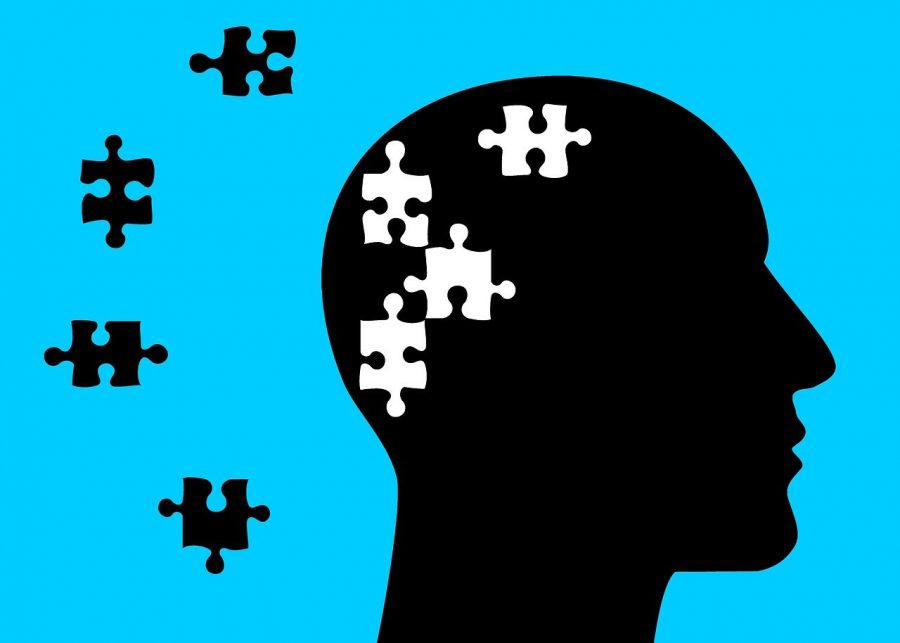Fighting the stigma surrounding mental illness
Photo Credit: Pixabay
December 22, 2020
As a society, we are used to a silent struggle. Accustomed to hiding sadness with falsely plastered smiles, pushing down the problems. We walk past thousands of people daily, unaware of what emotions lie beneath a seemingly blissful exterior. We often vilify those who can not hide their illness -the ones that fight the status quo. This behavior is fatal. It leads people to avoid treatment due to the heavy stigma that lies around mental illness.
Stigma is a real problem in the mental health community. People who speak up about their struggles are discriminated against and even ridiculed, leading others to stay silent, avoiding necessary treatment. According to the National Institute of Mental Health, 49% of adolescents suffer from mental illnesses, ranging from mild to severe. Only half of this percentage reaches out for help. Another scary statistic: suicide is the second leading cause of death for individuals aged 10-34. How many deaths could be avoided annually if individuals seek treatment?
The rhetoric around mental health is harmful. There is an incorrect stereotype that people with mental illness are dangerous and to blame for their disorder. Mental illnesses such as bipolar disorder or obsessive-compulsive disorder are used to tease or as insults. Certain people believe that individuals suffering from a mental illness are either “crazy” or “weak.” Many see it as a private matter that should not be discussed. Others will not even consider treatment as a viable option.
Countless inaccurate media portrayals of mental illness add to harmful ideas surrounding mental health. The idea that people with mental illness are dangerous, incompetent, and to blame for their disorder is often heightened by misleading representations. Stereotypes spread by movies, television shows, and social media applications often include the idea that all mental disorders are the same, and that every mental disorder is extreme. An example of this is the movie “Joker,” in which the main character suffers from a mental illness and then becomes extremely violent. A study conducted by the American Psychiatric Association found that viewing this movie “may exacerbate self-stigma for those with a mental illness, leading to delays in seeking help.” How many films have you seen exaggerate or misrepresent mental illness?
One thing that has become abundantly clear is the need to eliminate stigma online. A national survey conducted by the American Psychiatric Association on 14-22-year-olds found that 90% of teens experiencing symptoms of depression research mental illness online. Those who find positive content often reach out for help and begin seeking treatment. This shows that when we remove judgment and stigma around mental health, it positively affects those suffering. Research also shows that having contact with someone with a mental illness is a great way to reduce stigma. The American Psychiatric Association says, “When we know someone with a mental illness, it becomes less scary and more real and relatable.” For example, when celebrities such as Lady Gaga or Michael Phelps share their personal stories surrounding mental health, the topic doesn’t seem as terrifying. Young people are searching for these personal testimonies at a growing rate. This exemplifies a great way to create a judgment-free safe space, by sharing personal stories of struggle.
We have to start seriously battling the stigma around mental health. There are many positive changes to be made to influence the lives of those around us. We need to talk openly about mental health and share personal struggles. We must begin inviting the conversation. By educating ourselves, we can battle the incorrect perceptions hoisted upon us about mental illness. We must be compassionate and welcome those who struggle with open arms and open hearts. Above all, we have to remember that mental illnesses are nothing to be ashamed of.







